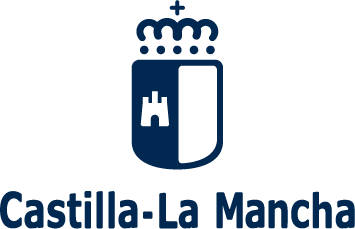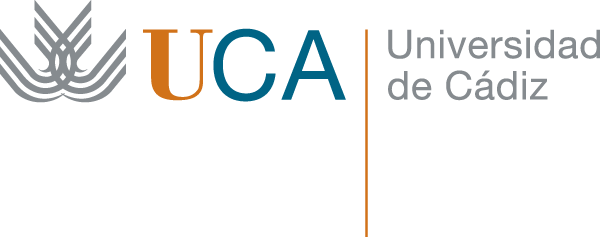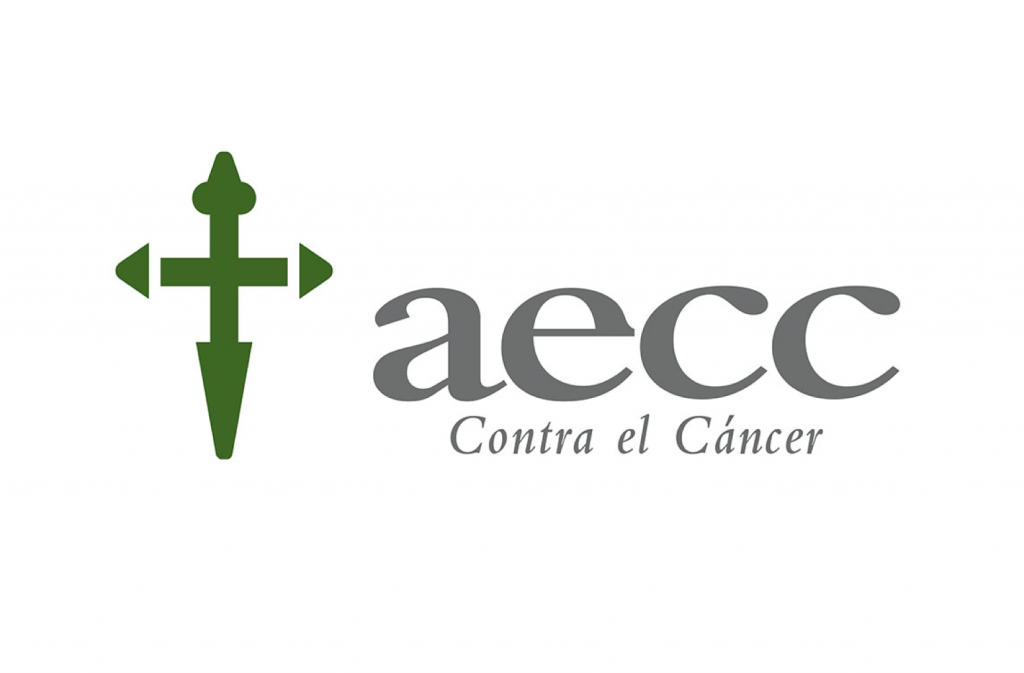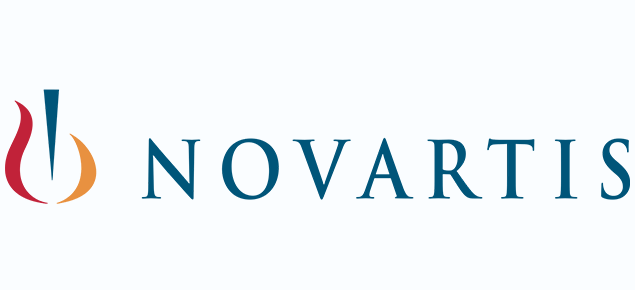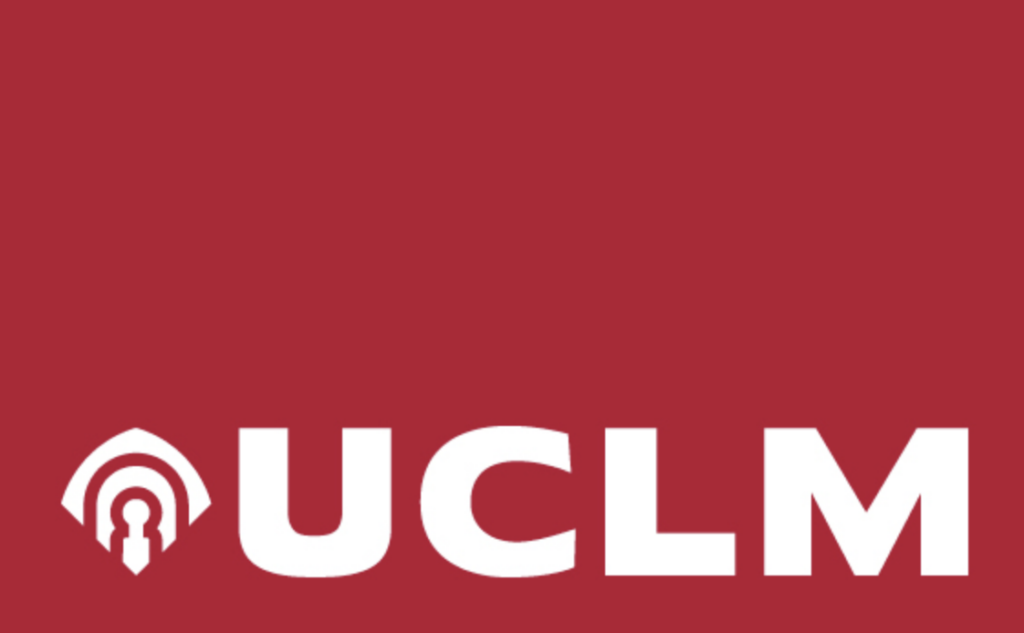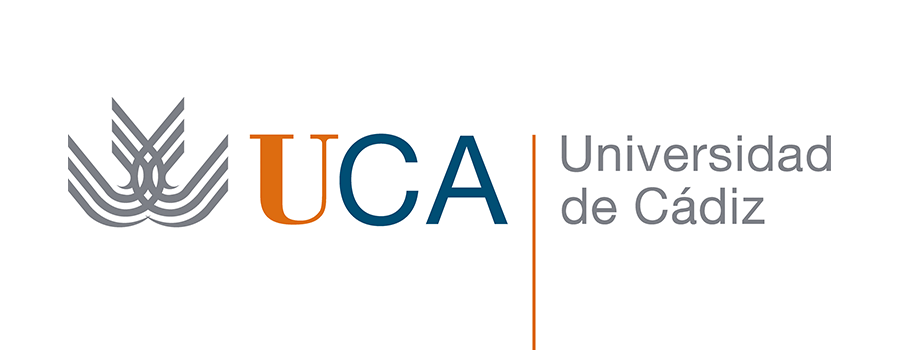Improving New Therapies in Oncology and Related Fields using mathematical models and biomedical data
Drug development in Biomedicine is a long and expensive process based on empirical approaches. Preclinical analyses in vitro are followed by studies in animal models and finally in humans, what involves trials in increasingly larger patient cohorts to test product safety and efficacy. This long process pushes drug development expenses and times to unsustainable levels, thus stifling innovation and leading to a constantly growing cost of healthcare provision.
In this project, we intend to develop basic knowledge in the form of validated mathematical models and use them as computational platforms for finding optimal therapeutic approaches with the potential to improve the implementation of novel treatments in oncology and related fields. We will develop, validate and study new mathematical models and methods to enhance the use of (i) cellular immunotherapies, (ii) radiopharmaceutical therapies in oncology, and (iii) combination treatments with antibodies in fibrous dysplasia. The models to be developed will integrate state-of-the-art biomedical knowledge and data to improve the understanding of the diseases. Our mathematical approaches will be used to predict in-silico the outcome of combination therapies with these novel therapies in real-world scenarios of relevance.
Funding entity
Ministry of Science and Innovation (National Research Plan) (2023-2026)
Institutions
University of Castilla-La Mancha, University of Oxford,
Principal investigator
Duration
3 years
Molab´s participants
Aragonés González, David G.. Aragonés González, David Graciano. Belmonte Beitia, Juan. Bordel Vozmediano, Silvia. Bosque Martínez, Jesús. Byrne, Helen. Caballero Campos, Magdalena. Fernández Calvo, Gabriel. García Otero, José . Hidalgo Alonso, Andrés. Jiménez Sánchez, Juan. Maini, Philip. Molina García, David. Ocaña Tienda, Beatriz. Ortega Sabater, Carmen . Pérez Beteta, Julián. Pérez García, Victor M.. Soloviova, Mariia.



